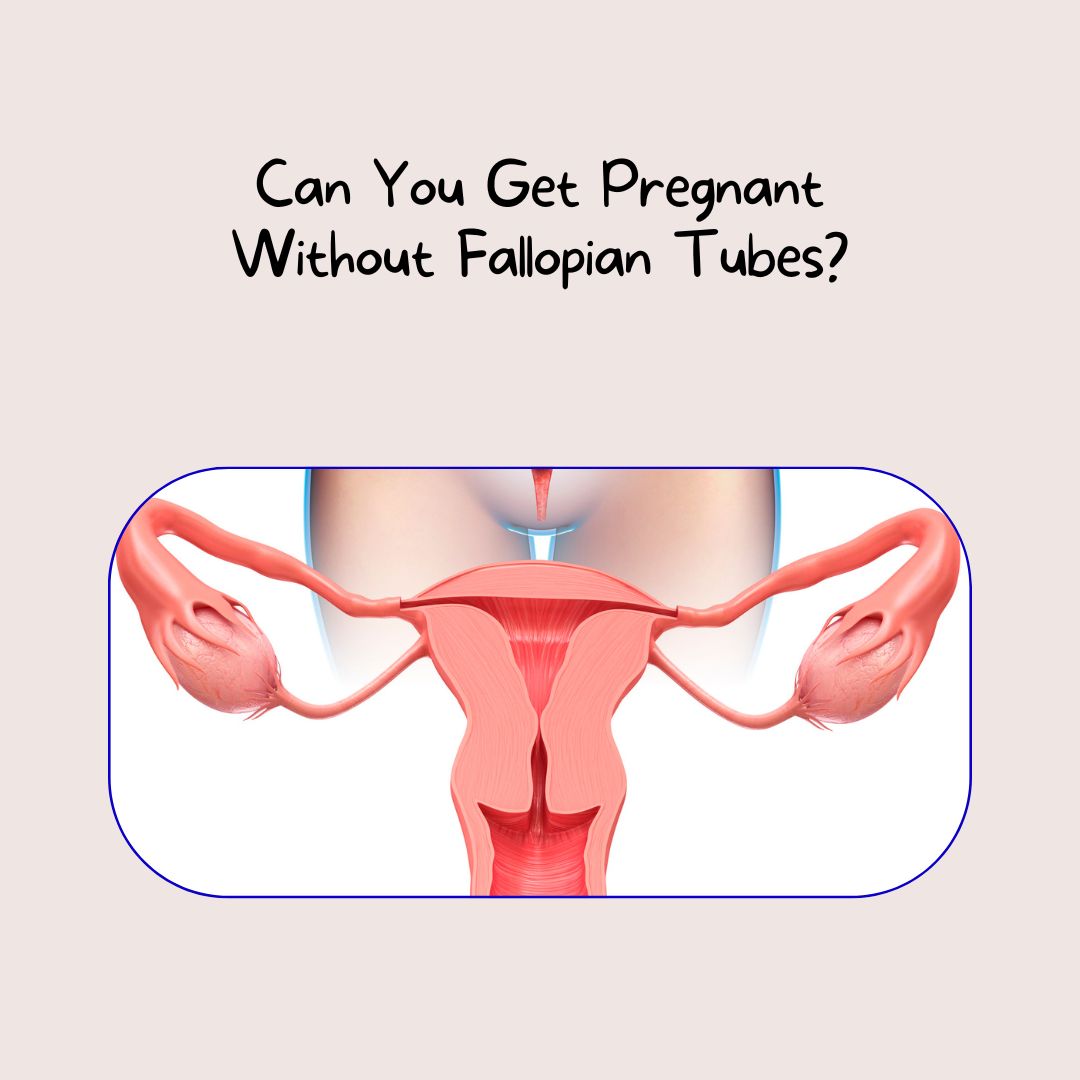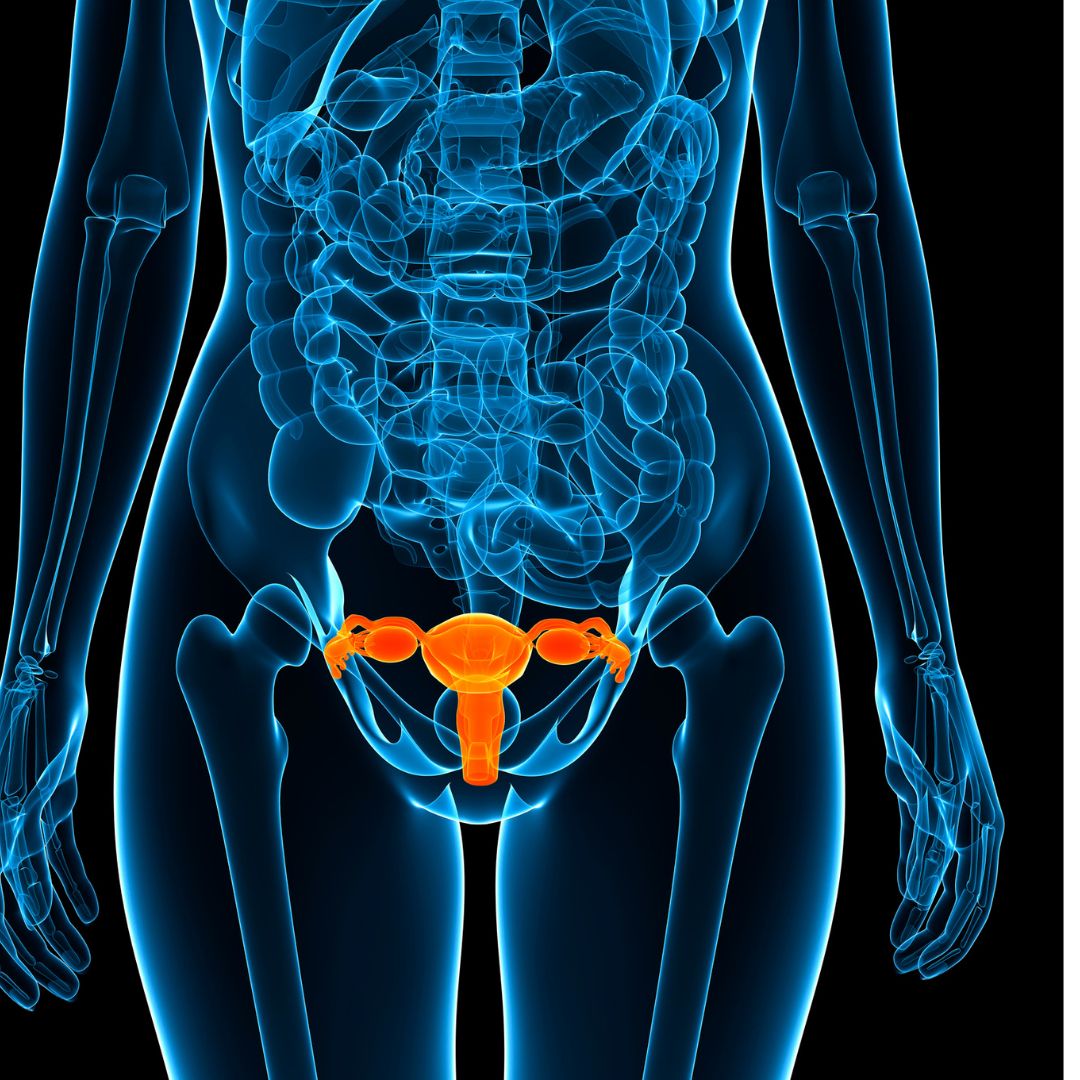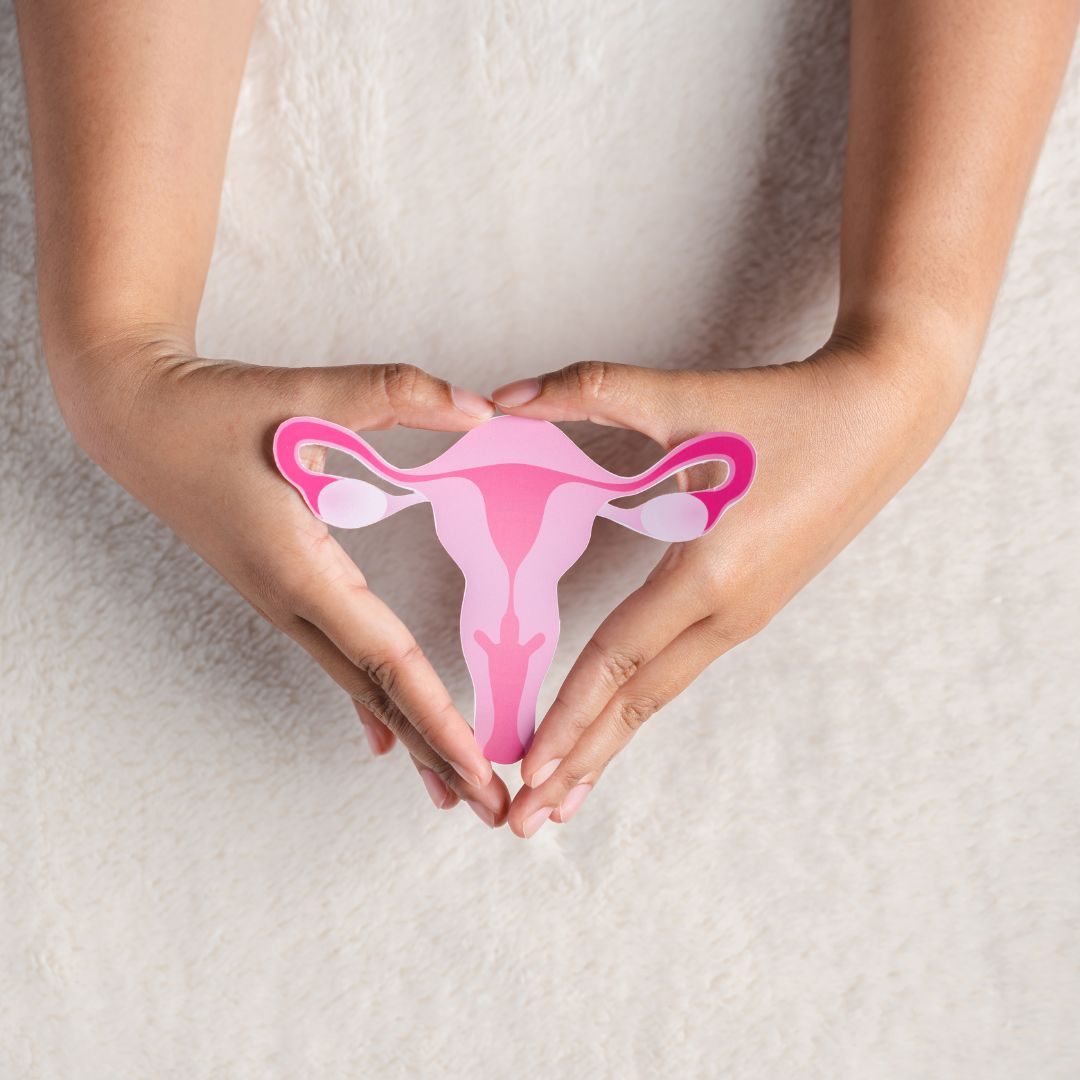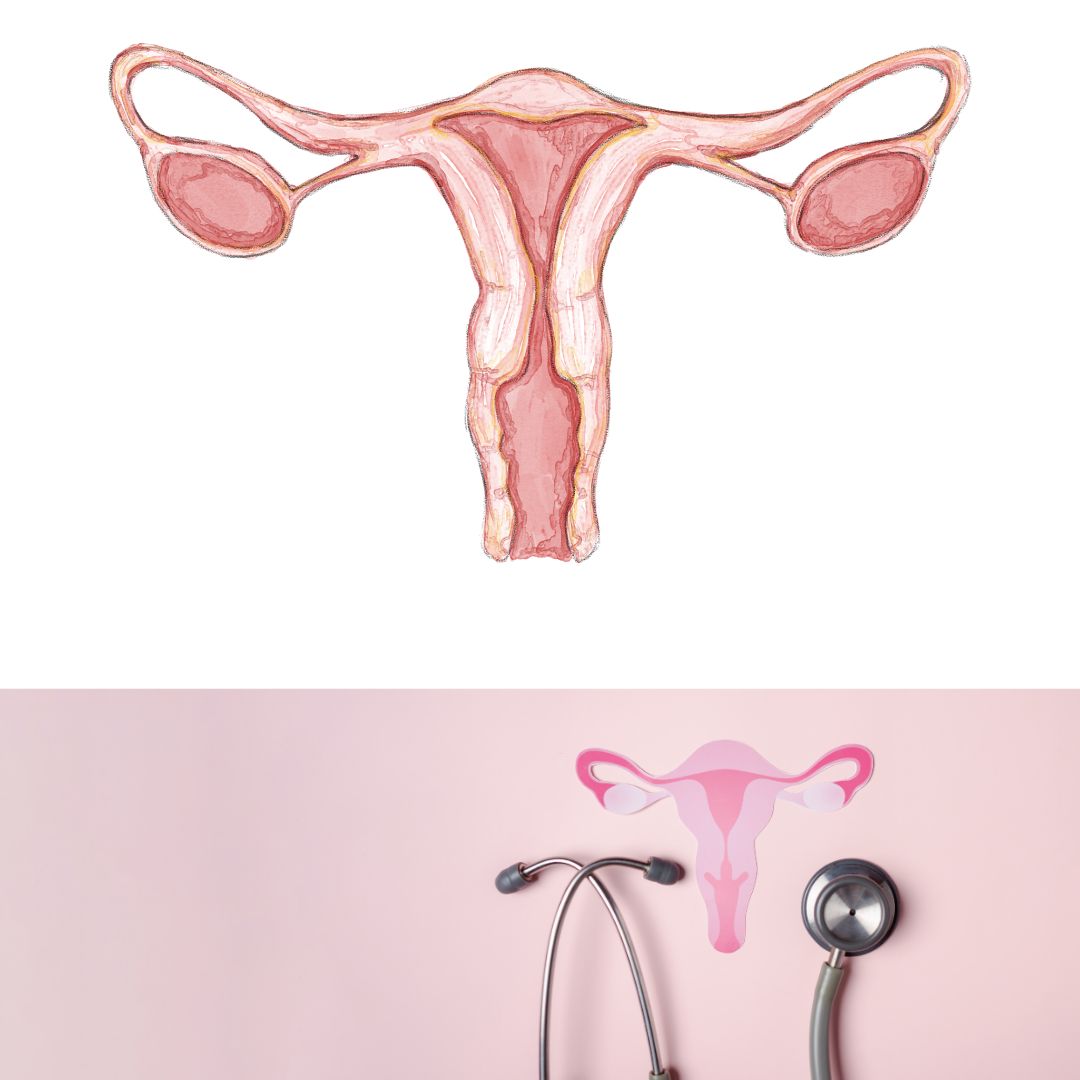Can You Get Pregnant Without Fallopian Tubes?

Can You Get Pregnant Without Fallopian Tubes? When it comes to pregnancy, the fallopian tubes play a critical role in the process. These narrow tubes connect the ovaries to the uterus and are responsible for transporting the egg from the ovary to the uterus. However, in some cases, women may need to have their fallopian tubes removed due to medical issues such as ectopic pregnancies or blockages. This raises the question – can you still get pregnant without fallopian tubes naturally?
Definition of Fallopian Tubes
Can You Get Pregnant Without Fallopian Tubes?
The fallopian tubes, also known as oviducts, are two thin tubes that extend from the ovaries to the uterus. Their function is to provide a pathway for the egg to travel from the ovary to the uterus and also to provide a site for fertilization to occur.

The Role of Fallopian Tubes in Pregnancy
During ovulation, the egg is released from the ovary and travels through the fallopian tube. If sperm are present in the fallopian tube, they can fertilize the egg, resulting in a zygote. The zygote then travels through the fallopian tube to the uterus, where it implants and grows into a fetus.
Reasons for Fallopian Tubes Removal
Fallopian tubes may need to be removed due to various medical reasons. Ectopic pregnancies, where the fertilized egg implants in the fallopian tube instead of the uterus, can cause a life-threatening condition and require the removal of the affected fallopian tube. Blockages in the fallopian tubes due to conditions such as pelvic inflammatory disease can also require the removal of the affected tube.
How does Pregnancy happen?
Female Reproductive System
The female reproductive system is made up of various organs that work together to produce and support a pregnancy. The ovaries produce and release eggs, which travel through the fallopian tubes to the uterus. The uterus is where the fetus grows and develops during pregnancy.

Ovulation and Fertilization
Ovulation occurs when an egg is released from the ovary and travels through the fallopian tube. If sperm are present in the fallopian tube at the same time, they can fertilize the egg, resulting in a zygote.
Can you get pregnant with no fallopian tubes?
No, it is not possible to get pregnant without fallopian tubes. The fallopian tubes play a crucial role in natural conception as they are responsible for transporting eggs from the ovaries to the uterus, and they are also the site where fertilization typically occurs when sperm meets the egg.
If both fallopian tubes are absent or have been surgically removed, natural conception is not possible because there is no pathway for the sperm to reach the egg. However, individuals who do not have fallopian tubes or have non-functioning tubes still have the option of pursuing assisted reproductive technologies like in vitro fertilization (IVF). IVF involves retrieving eggs directly from the ovaries, fertilizing them with sperm in a laboratory setting, and then transferring the resulting embryos into the uterus.
In summary, while natural conception is not possible without fallopian tubes, assisted reproductive technologies like IVF can offer an alternative for individuals who are unable to conceive naturally due to the absence or non-functioning of their fallopian tubes.
Implantation
After fertilization, the zygote travels through the fallopian tube to the uterus. It then implants into the lining of the uterus, where it grows and develops into a fetus.
Getting Pregnant without Fallopian Tubes
Assisted Reproductive Technology (ART)
Assisted reproductive technology (ART) refers to a group of fertility treatments that help women get pregnant. In vitro fertilization (IVF) is the most commonly used ART procedure. It involves retrieving eggs from the ovaries and fertilizing them in a laboratory dish. The resulting embryos are then transferred to the uterus.

Gamete Intrafallopian Transfer (GIFT)
Gamete intrafallopian transfer (GIFT) is a procedure that involves transferring sperm and eggs into the fallopian tube. This allows fertilization to occur in the natural environment of the fallopian tube, rather than in a laboratory dish.
Zygote Intrafallopian Transfer (ZIFT)
Zygote intrafallopian transfer (ZIFT) is a procedure that involves fertilizing eggs in a laboratory dish and then transferring the resulting zygotes to the fallopian tube. This allows fertilization and early development to occur in the natural environment of the fallopian tube.
Surrogacy
Surrogacy is an option for women who are unable to carry a pregnancy themselves. In this procedure, a surrogate carries the pregnancy for the intended parents.

Adoption
Adoption is an option for couples who are unable to conceive or carry a pregnancy to term. It involves legally taking on the responsibility of raising a child who is not biologically related.
Benefits and Risks of Pregnancy without Fallopian Tubes
How to get pregnant without fallopian tubes naturally?
Pregnancy without fallopian tubes eliminates the risk of an ectopic pregnancy, which is a potentially life-threatening condition where the fertilized egg implants outside the uterus.
Risks
Women who undergo bilateral salpingectomy have an increased risk of ovarian cancer, although the risk is still low. Pregnancy after fallopian tube removal also carries a higher risk of premature birth and low birth weight.
Life after Fallopian Tubes Removal
Changes in the Menstrual Cycle
After fallopian tube removal, there may be changes in menstrual cycles, including shorter or longer cycles, heavier or lighter periods, and irregular cycles. These changes are usually temporary and should return to normal after a few months.
Hormonal Imbalance
The fallopian tubes play a role in the production and regulation of hormones, and their removal may lead to hormonal imbalances. This can cause symptoms such as hot flashes, mood swings, and vaginal dryness.
Emotional and Psychological Effects
The inability to conceive naturally or the loss of reproductive organs can have a profound effect on a woman’s emotional and psychological well-being. It is essential to seek support from family, friends, or a therapist to cope with the emotional effects of fallopian tube removal.
Sexual Functioning
Fallopian tube removal does not affect sexual function. However, it is essential to discuss any concerns with a healthcare provider.
Factors to Consider Before Pregnancy without Fallopian Tubes
Age
Age is an essential factor to consider before attempting to conceive after fallopian tube removal. As women age, their fertility declines, and the risk of complications during pregnancy increases.
Overall Health, A woman’s overall health is an important consideration before attempting to conceive. Women who have underlying medical conditions such as diabetes, high blood pressure, etc.
Frequently Asked Questions (FAQs)
Can You Get Pregnant with One Fallopian Tube?
Yes, it is possible to get pregnant with one fallopian tube. However, the chances of getting pregnant are lower than if both tubes were present.
Can You Get Pregnant After Tubal Ligation?
Tubal ligation is a permanent form of contraception, but in rare cases, pregnancy can still occur. If pregnancy is desired after tubal ligation, IVF may be an option.
Can Fallopian Tubes Regrow?
No, fallopian tubes cannot regrow once they have been removed or damaged.
Can You Get Ectopic Pregnancy without Fallopian Tubes?
Yes, women who have had their fallopian tubes removed have a higher risk of having an ectopic pregnancy.
How Much Does ART Cost?
The cost of ART varies depending on the type of treatment, the location, and the healthcare provider. It can range from several thousand dollars to tens of thousands of dollars per cycle.
How Long Does ART Take?
The duration of ART varies depending on the type of treatment and the individual’s fertility potential. It may take several weeks to several months to complete one cycle of treatment.
Conclusion
In conclusion, getting pregnant without fallopian tubes is possible through assisted reproductive technology or adoption. While it does come with some risks, consulting with a fertility specialist and having open communication with a healthcare provider can help address any concerns and explore treatment options. Women who have had their fallopian tubes removed should also be aware of the changes in their menstrual cycle, hormonal imbalance, and emotional
4 Comments